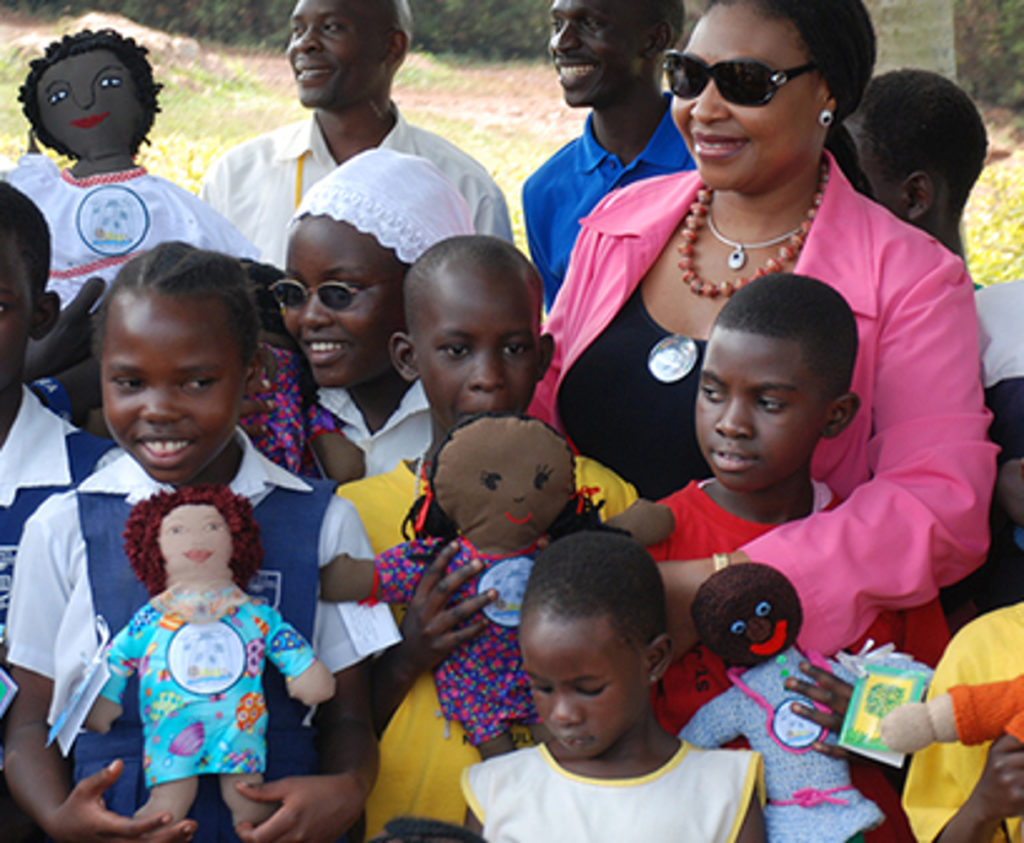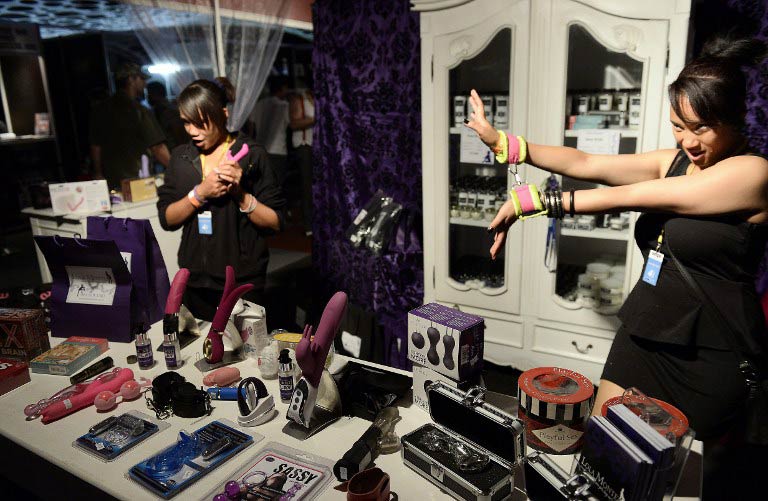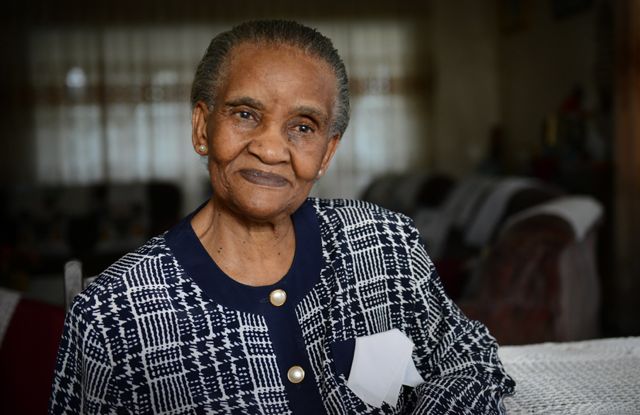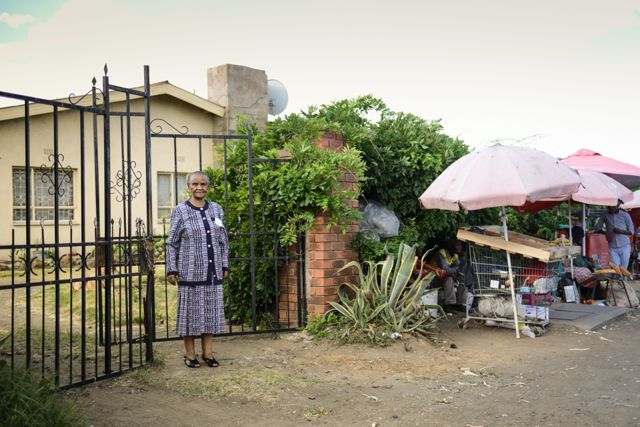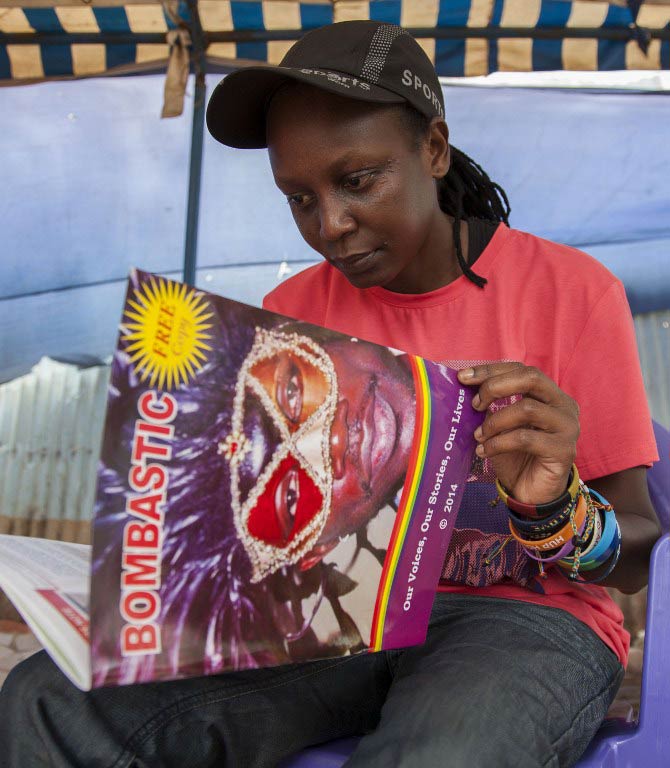Growing up in Soweto, Johannesburg during Apartheid, I used to dream of a future where all were equal under the law. Though at times it seemed out of reach, I committed myself to that dream and worked firmly for it.
Taking up my mother’s broom and imagining it was a microphone, I would spin around the kitchen and dream of the stage that would one day be mine, not knowing just how close I was to the force that would take hold of our society and create a unified nation.
Even as a little girl, I believed that my dreams could one day come true and that through entertainment I could change the traditional trajectory of a young black girl in South Africa.
Earlier this month I celebrated my 50th birthday and 30 years in the music industry. I’m deeply proud of the wild journey this little girl from Apartheid Soweto has had, but perhaps I’m most excited about what that journey means for other little girls – and boys – throughout Africa.
This month also marks 10years since I began working with the United Nations to raise awareness and mobilise commitment around health and development issues. Through my work as a Goodwill Ambassador with the Roll Back Malaria (RBM) Partnership and UNICEF, I’ve spent time in some of the most remote communities across this great continent and beyond. I’ve sat with mothers and children – in humble homes and community clinics – and I’ve seen the impact that preventable and treatable diseases like malaria and malnutrition have on communities’ smallest members.
The power of simple tools
But I’ve also seen the power of simple, proven and cost-effective tools. With malaria, for example, I’ve seen the power of a safe night’s sleep under an insecticide-treated net or a definitive diagnosis made possible with a rapid diagnostic test (RDT). Or that teaching simple hand washing with soap or ash can be the difference between life and death, optimum growth or stunting. These simple tools and skills don’t only offer peace of mind; they keep children in school and parents at work. They give hope and transform entire communities.
In 2000, the world came together with a focused determination to eradicate disease and poverty through the United Nations Millennium Development Goals (MDGs). Today, as their deadline looms, global poverty continues to decline, more children than ever are attending primary school, child deaths have dropped dramatically and targeted investments in health have saved millions. Since 2001, we’ve saved more than 4 million lives from malaria alone, and under-five mortality is decreasing faster than any time in the past two decades. Our collective efforts are working.
I’ve seen it first-hand through my work with RBM, UNICEF and countless partner organisations working to create healthier communities. Today, children’s wards are less burdened by preventable diseases, schools are filled with eager young minds and markets are bustling with activity.
But still, we continue to leave many of our youngest behind. Thanks to increased commitment to the health of our children, we have halved the number of children under the age of 5 dying each year since 1990. But still, roughly 17 000 children around the world die each day from preventable and treatable diseases. Not surprisingly, the large majority of childhood deaths occur in the world’s poorest countries. Today, 1 in 11 children born in sub-Saharan Africa dies before their fifth birthday – the significance of marking my 50th birthday is not lost on me in this tragic context.
Child survival includes some of the most cost-effective interventions of our time: vaccines and insecticide treated nets. When we add women to that equation, the return on our investment increases exponentially – healthy, empowered women yield healthy, stable and prosperous communities. It’s a no-brainer.
Lack of attention and investment
But we must be clear: children aren’t dying because we lack the knowledge to save them; they’re dying for lack of attention and investment. As we move forward, women and children must remain a central part of the development agenda, and they must be allowed and encouraged to participate in the process. Education will be crucial, not only for our future leaders, but also for their mothers – if we can educate women, we can drastically reduce neonatal mortality and offer children a healthy start to life. We must also ensure that women and children have access to life-saving health services along a continuum of care, from conception through a child’s fifth birthday.
Data will also be key to ensure all children are counted. Unfortunately, far too many births go undocumented and children are welcomed into the world without notice, with immediate lack of account, services or voice. It’s simple: if every life counts, each life must be counted. When we don’t register births, we welcome any number of negative experiences – including abuse and neglect – on some of our most vulnerable family members. We cannot pretend to protect our children and provide them a healthier world if we don’t know they exist.
In June 2012, hundreds of world leaders gathered in Washington, D.C., where they renewed their commitment to the future of our children through Committing to Child Survival: A Promise Renewed. Since then, nearly 180 governments have pledged to scale up efforts to accelerate declines in preventable maternal, newborn and child deaths. I am grateful for the remarkable commitment and progress that has been made, but it remains fragile and our business is unfinished. Now, more than ever, we must work in partnership – within and between sectors – to stretch the value of our investments and maximise the impact of our efforts.
The road ahead won’t be easy, but if we continue to walk together and share the burden, I’m confident that we can deliver on the promises we’ve made to all children of the world. Every child deserves the chance to dream of his or her future – the stage they might occupy, the power they might hold, the love they might share – and the opportunity to make it happen. Let us work together boldly to nurture those dreams and protect the birthdays yet to come.
